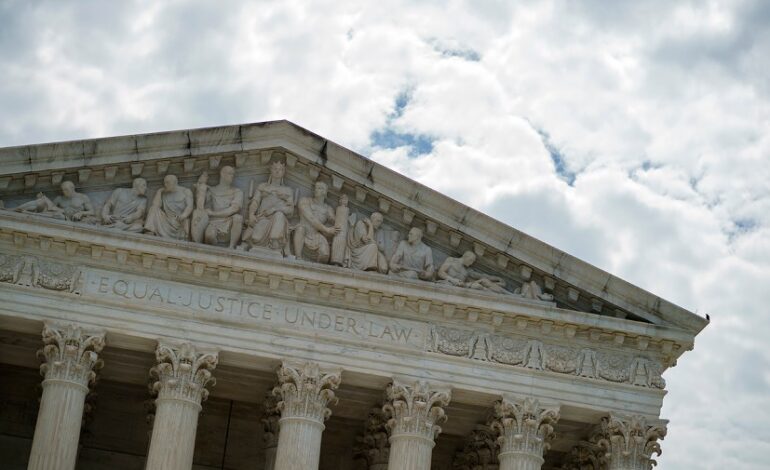Supreme Court Hears Case Challenging Colorado Counseling Law

On March 12, 2024, the U.S. Supreme Court began oral arguments in the significant case of Chiles v. Salazar. This case involves Kaley Chiles, a counselor challenging a Colorado law that prohibits certain voluntary conversations between counselors and their clients. The outcome could have profound implications for the intersection of professional counseling and personal beliefs.
Context of the Case
The Colorado law in question restricts counselors from engaging in discussions that may be deemed harmful or inappropriate, particularly regarding clients’ religious beliefs. Chiles, who integrates her Christian faith into her counseling practice, argues that this law infringes on her ability to provide support aligned with her values. Despite her religious background, she emphasizes that she welcomes all clients, regardless of their beliefs.
Chiles contends that the law unjustly censors meaningful dialogues that could benefit her clients. “Counseling is about open communication,” she stated. “It is vital for my clients to feel safe discussing their beliefs and values.” This challenge raises questions about the balance between protecting clients and safeguarding the freedom of speech for professionals in the counseling field.
The Broader Implications
The implications of this case extend beyond Colorado. Should the Supreme Court rule in favor of Chiles, it may set a precedent that empowers counselors across the country to engage in more open conversations with clients without fear of legal repercussions. Conversely, a ruling against Chiles could reinforce similar laws in other states, potentially limiting the scope of counseling practices nationwide.
As the court deliberates, advocacy groups on both sides of the issue are closely monitoring developments. Supporters of the law argue that protecting vulnerable clients from potentially harmful discussions is essential, while opponents believe that such restrictions violate fundamental rights. The case has ignited a nationwide debate on the role of personal beliefs in professional settings.
The outcome of Chiles v. Salazar will likely be announced later this year, and its repercussions could shape the future of counseling practices in the United States for years to come. As legal experts analyze the arguments presented, the decision will not only impact the lives of counselors but also the clients who seek their support.






